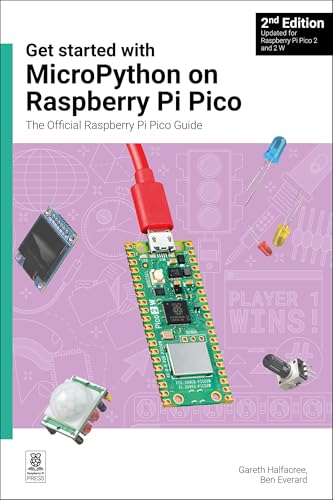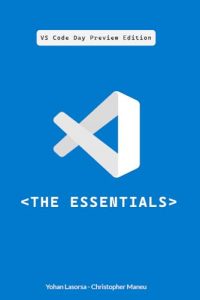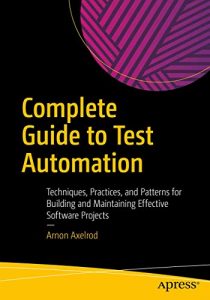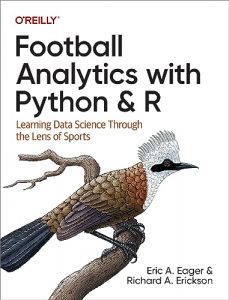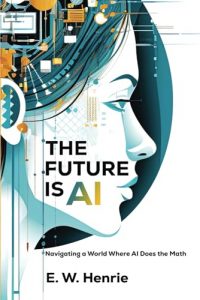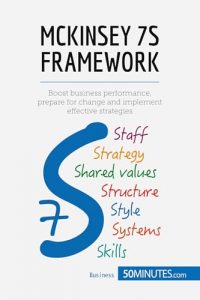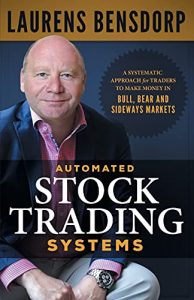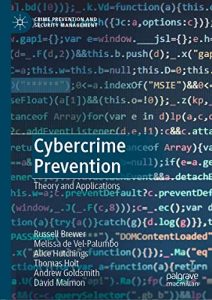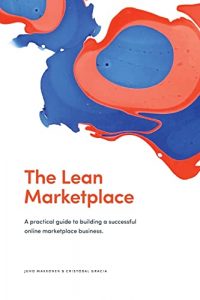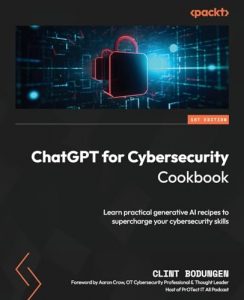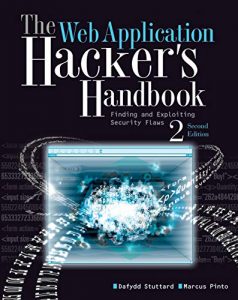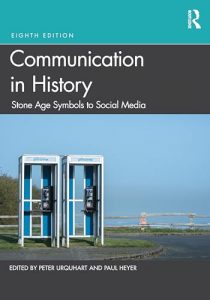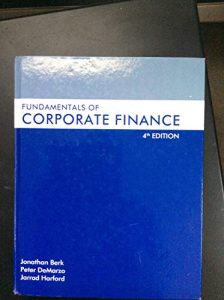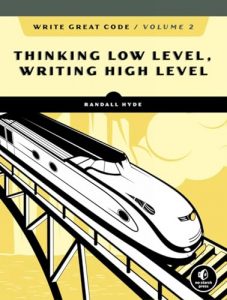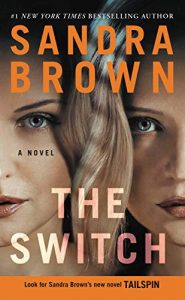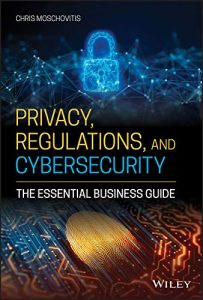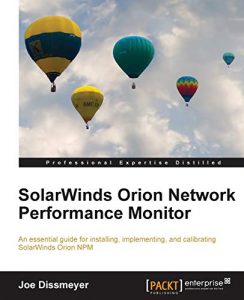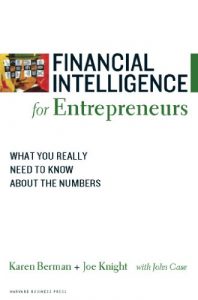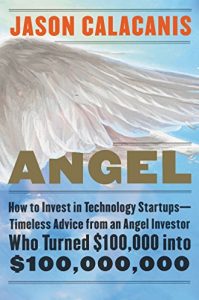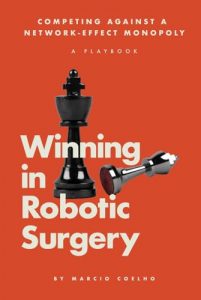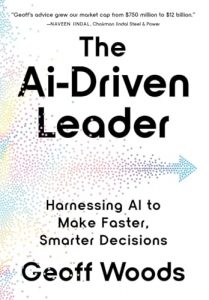Explore the Transformative Power of MicroPython!
If you’re passionate about electronics and programming, diving into the realm of MicroPython can open up an entirely new world of possibilities. Here are some must-read books that will guide you through this versatile and powerful programming language.
1. Get Started with MicroPython on Raspberry Pi Pico: The Official Raspberry Pi Pico Guide
Authored by Gareth Halfacree and Ben Everard, this book is your comprehensive starter guide to exploring MicroPython on the Raspberry Pi Pico. The clear instructions and practical examples make it accessible for both novices and experienced programmers. This book demystifies the setups and helps you start your first projects quickly. You’ll learn how to unleash the power of the Pico with step-by-step projects that fit within a manageable scope, ensuring that you can grasp basic concepts and gradually move on to more complex undertakings.
2. Programming with MicroPython: Embedded Programming with Microcontrollers and Python
Nicholas H. Tollervey’s masterclass in this book allows you to delve deep into the combination of embedded programming and Python. It guides readers to seamlessly integrate coding with everyday electronics. Tollervey offers crisp explanations and practical exercises that make challenging concepts approachable. This essential text cultivates both theoretical understanding and practical skills, ensuring your mastery of MicroPython for microcontrollers. This book stands out as a crucial resource for developing applications where efficiency and performance matter significantly.
3. Programming ESP32: Learn MicroPython Coding and Electronics
Simon Monk’s insightful book focuses on the ESP32 microcontroller, combining electronics and programming in MicroPython. It’s designed for both beginners and adept learners looking to enhance their skill set. Monk crafts a journey that effortlessly walks you through setting up your device, assisting you in completing various projects. If IoT devices interest you, this book’s practical approach and detailed guidance will transform your understanding of how to make the ESP32 work effectively with MicroPython.
4. Beginning MicroPython with the Raspberry Pi Pico: Build Electronics and IoT Projects
Charles Bell’s book is a treasure trove for beginners initiating their journey into electronics and IoT projects using MicroPython. Engagingly designed, it features hands-on projects that guide you to build actual working electronics solutions. With Bell’s comprehensive explanations, you can understand complex concepts while contributing to creating IoT solutions — an invaluable skill in today’s tech-driven world. It’s perfect for anyone aiming to blend programming with hardware.
5. MicroPython for the Internet of Things: A Beginner’s Guide to Programming with Python on Microcontrollers
In this guide, Charles Bell once again offers readers an excellent entry point into programmning with MicroPython. He specifically addresses its application in the emerging field of the Internet of Things (IoT). Bell provides hands-on tips and projects aimed at demonstrating how to create connected devices using MicroPython. For anyone interested in developing IoT expertise, this book is a powerful asset, broadening both your skill sets and your toolbox.
6. Advanced Programming in MicroPython By Example
Yury Magda’s book is perfect for those who want to take their MicroPython skills to the next level. This book provides concrete examples that push your capabilities beyond the basics. With advanced topics on libraries, optimization, and more, it’s ideal for programmers seeking to refine their knowledge and enhance their projects. The in-depth explanations and practical exercises will ensure you not only understand complex concepts but can also apply them effectively.
7. Python for Microcontrollers: Getting Started with MicroPython
Donald Norris introduces this fantastic resource for anyone looking to marry Python programming with microcontroller projects. This guide is straightforward, aiming at beginners but offering deep insights that even experienced programmers can appreciate. Norris’s practical examples align closely with real-world applications, making this an essential addition to your learning materials and enhancing your programming toolkit.
8. Python Crash Course, 3rd Edition: A Hands-On, Project-Based Introduction to Programming
Eric Matthes presents an accessible guide to Python in this updated edition. While not exclusively focused on MicroPython, this book offers a solid foundation in Python programming, which is invaluable for learners. With a hands-on, project-based approach, Matthes makes learning enjoyable and engaging, ensuring that those new to programming will grasp core concepts and develop practical skills.
Engaging with these books will not only enhance your understanding of MicroPython and its applications but also inspire you to create impressive projects and explore new realms in the world of programming and electronics.

